March is National Nutrition Month. Understanding the correlation between eating proper foods and its affects on vascular health is an important topic for us to discuss. Let's talk about some of causes of poor circulation and 6 foods that can help improve this vascular issue.
Do you love working from home? Of course, you do. It's a familiar atmosphere, no commuting, free lunch, paycheck's on time. Life is as good as it can possibly be for you right now, right? Even if you're working from home, for safety precautions. It's essential that you do not overlook your health, especially your vein[…]
Atherosclerosis is a process that affects the arteries and can lead to heart disease, stroke, leg pain and other serious health problems like amputations. It occurs when plaque builds up inside the arteries, making them narrower and therefore, decreases blood flow to those areas of the bodies. This blog post will[…]
When faced with medical decisions, the right choice is not always easy. Assimilating information from physicians (especially when utilizing Dr. Google!) can be confusing and conflicting. While “getting a second opinion” is often a good idea, getting that first opinion may be more difficult, especially when it comes to[…]
Carotid artery disease, also known as carotid artery stenosis, is a common condition that is usually caused by atherosclerosis (hardening of the arteries). The carotid arteries bring blood to the brain so it may function. When plaque builds up in the carotid artery, a piece can break off traveling to the brain and[…]
Sclerotherapy, an effective treatment for varicose and spider veins, is one that we perform daily at the Vein Institute of NJ. It’s also a convenient, non-invasive procedure that is both simple and quick – most visits take about 20 minutes.




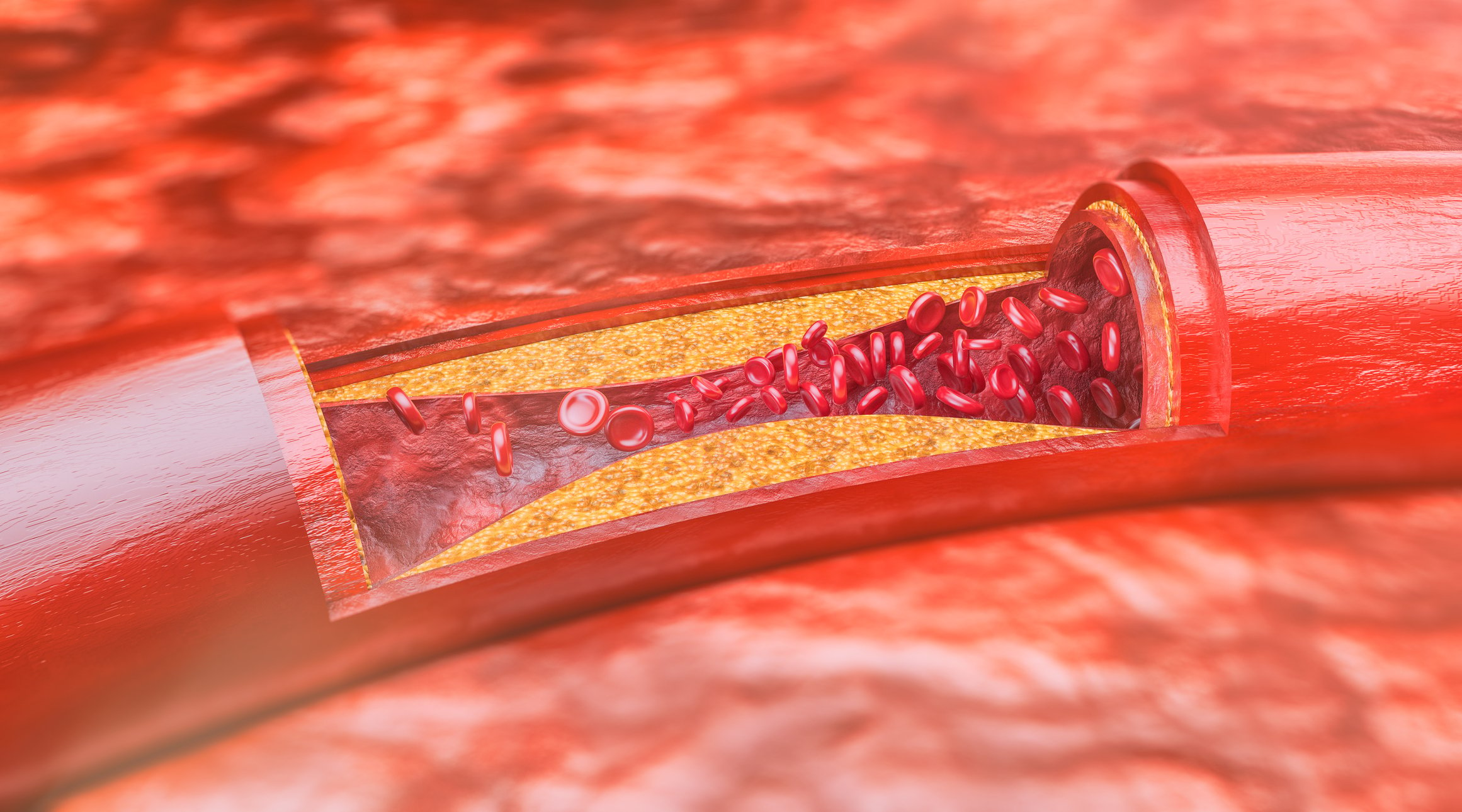
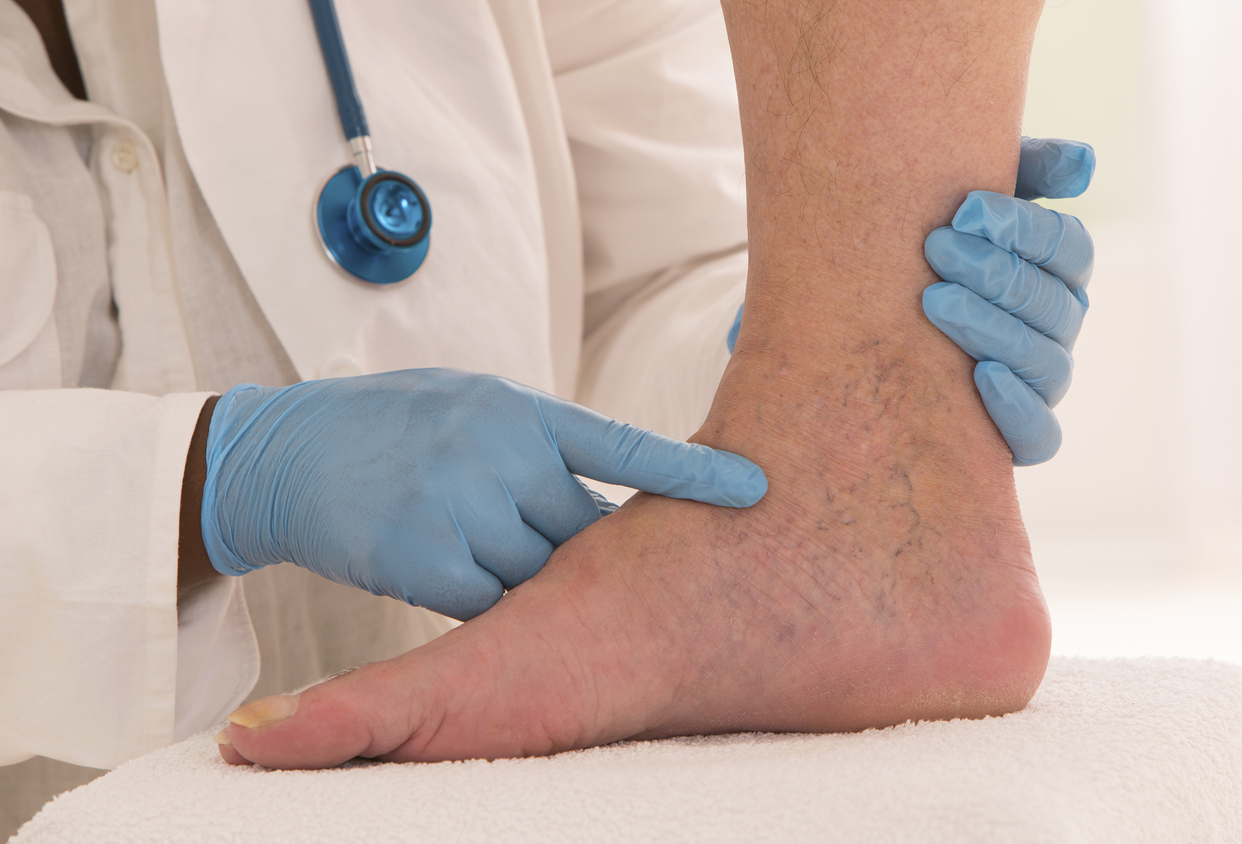
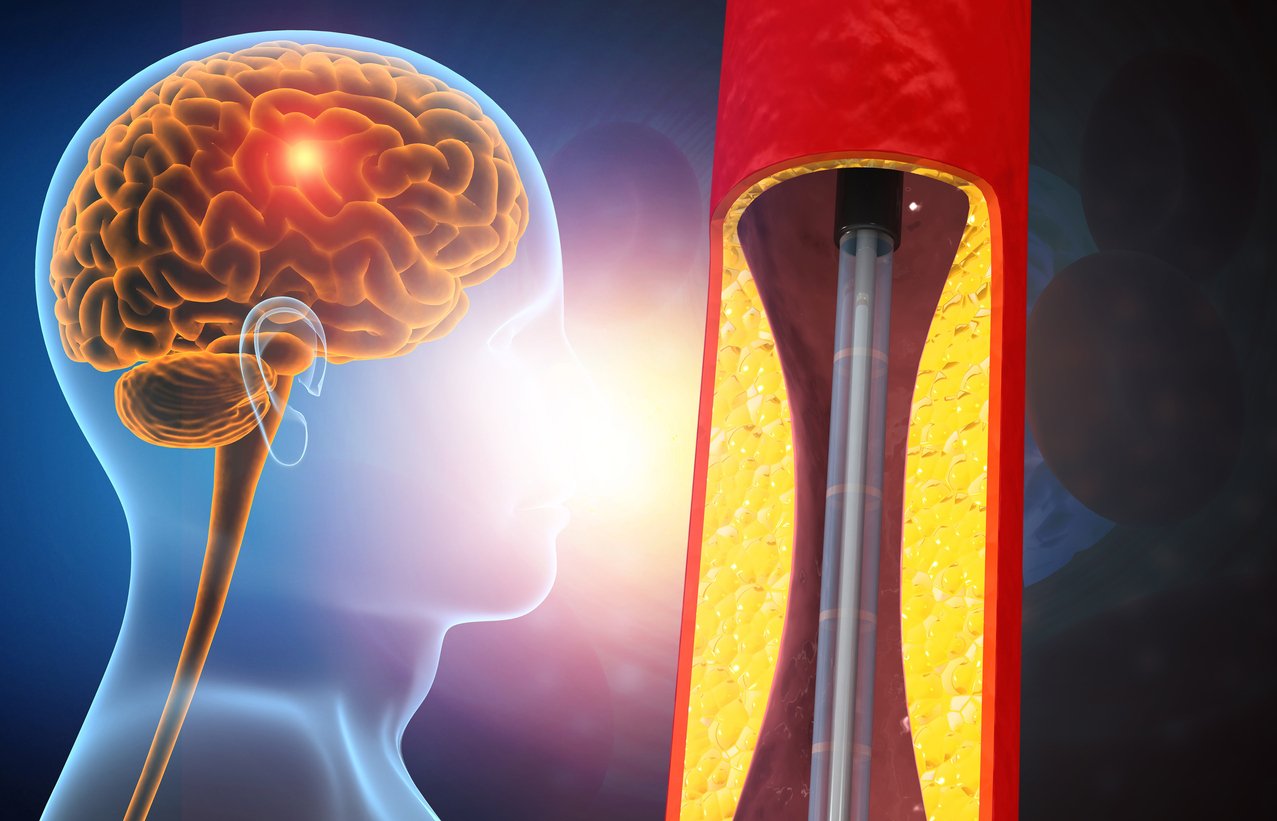
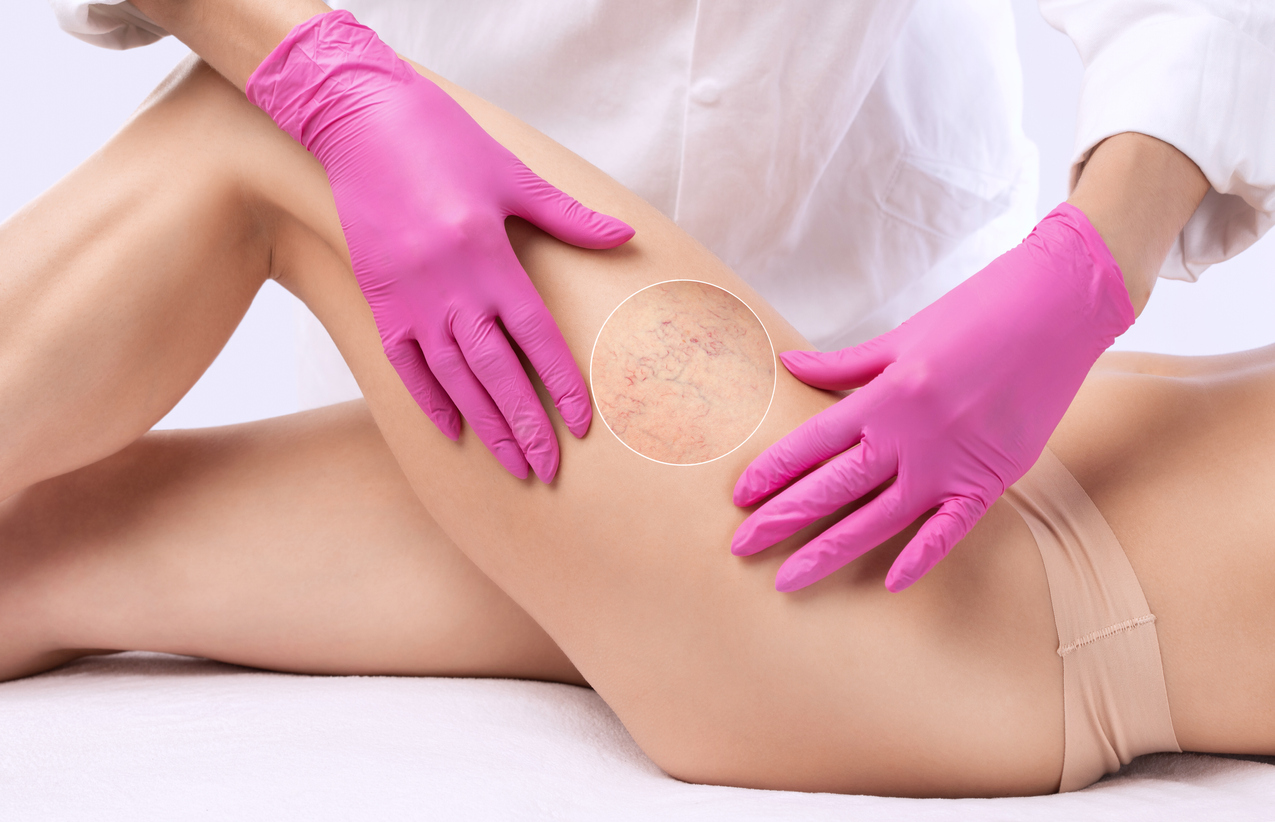



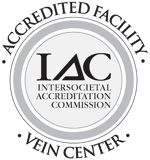
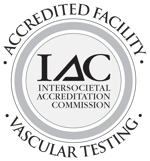
.jpg?width=944&name=Castle-Connolly-Top-Doctors-Emblem-Large%20(4).jpg)